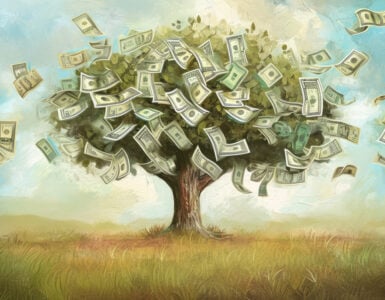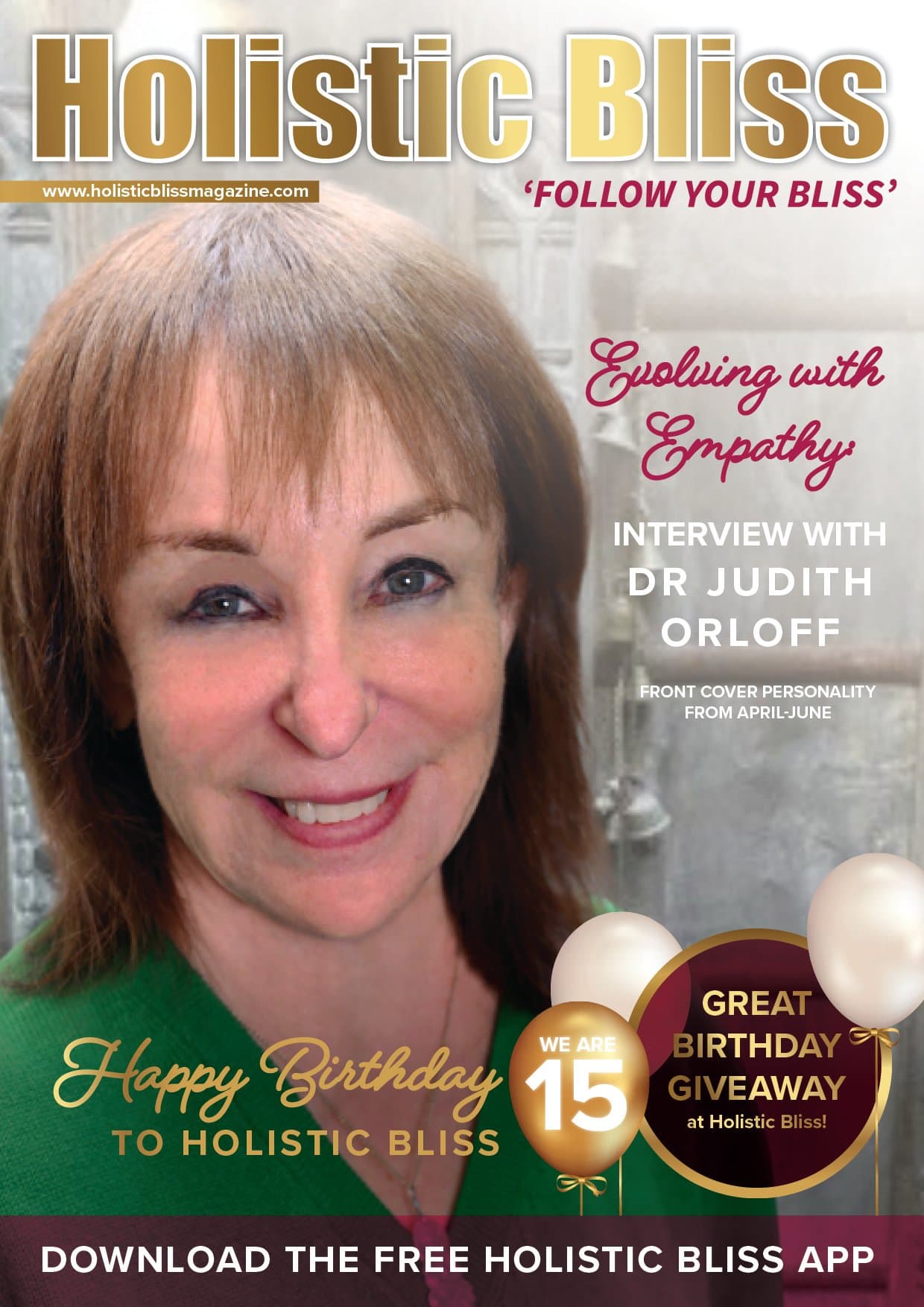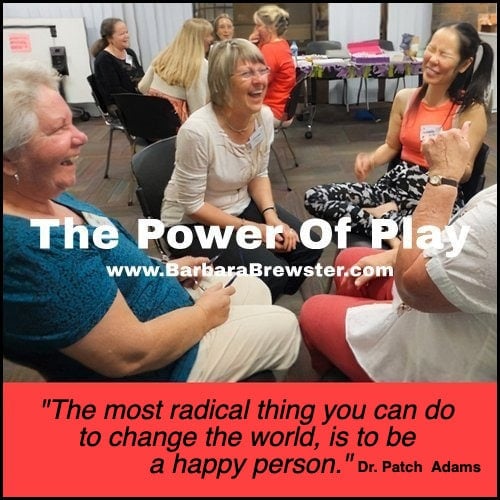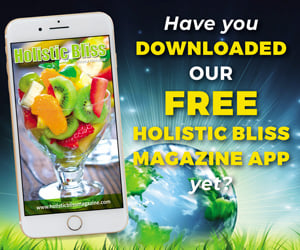Blessed Are Those Who Hunger And Thirst After Righteousness
The fourth Beatitude says, “Blessed are those who hunger and thirst after righteousness, for they shall be filled.” I like to observe that it didn’t say, ‘Blessed are those who are a little peckish.” The key word here that requires some discussion is the word righteousness. If that can be clearly defined then it’s easier to understand the intent of this Beatitude. In describing this state of righteousness Jesus explained it in simple terms; feeding the hungry, giving water to the thirsty, housing a stranger, clothing the naked, visiting the sick and those in prison. In the medieval period these were referred to as the ‘works of mercy’. So effectively this Beatitude is saying that if you have a hunger and thirst for social justice, then you will be filled. So what is social justice?
In one word – kindness! Given that the foundation to this new theology of love was to ‘love your neighbour, as yourself’, then social justice was about your capacity to be kind to others while also being kind to yourself. It’s funny how that last part of that foundational principle was ignored by many Christian religions. To be able to engage in social justice, you first have to be able to see the needs of others. Of course, our own suffering and pain makes that almost impossible. This means that when you can be free of your narrative and its associated suffering and distractions, then you will have a greater capacity to see the suffering of others. But more than this, instead of being motivated by sympathy, which is where you identify with another’s pain through your own suffering, your healing, as a result of having experienced the first three Beatitudes, moves you to having empathy, where there is a clear sense of whose pain belongs to who.
The shift in terms of your state of consciousness is that instead of your hunger and thirst being directed towards wealth, power, love and fame, it is now directed towards helping those in need, in the context of sustaining a more self-loving reality. Creating this self-loving reality is probably the hardest thing to do though. In EAP, there is a simple but profoundly dynamic part of the program that makes this possible. It is woven into various aspects of the EAP journey but is essentially based on one thing, identifying the programmed narrative of your seven-year-old self that has you believe that you are loveless or unlovable. We call that ‘the story’.
I want to pre-empt what I am about to write about the story, with what the core EAP belief is about the story. Your story is the gift you gave yourself to make a difference in the world. In essence, your story gave you experiences, insights, skills and abilities (often as a result of needing to survive) that as a result makes you better able to see and understand the suffering of others. Being freed from the limitations imposed on you by your beliefs around your story, you are then able to be of service (be kind) to others, in similar situations.
In the Old Testament, Abraham is given a test. He is told by God that he has to go up into the mountain and build an alter, where he is to sacrifice his own son, Isaac. If you recall, he and Sarah have waited 100 years to finally have a child of their own, and now God wants Abraham to sacrifice him. You just know that this was not going to be a discussion he was going to have with Sarah! It seems kind of ridiculous that God would ask this of anyone. It is worth noting that a parent sacrificing their child was a theme that existed in many cultures throughout the world for centuries. Even in Christianity, God allows the sacrifice of his ‘only begotten’ Son.
In Abraham’s case, it was God finding out if he was attached to something more than the love he was supposed to have for God. The reason I say ‘something’ is that on first appearances it could be thought that Abraham is sacrificing Isaac, but in fact it’s about his narrative more so. Abraham was essentially abandoned by his father, which saw Abraham develop a story about having to have a son that he will love and protect, the very thing he wanted. Forced to leave his homeland (as a result of his father) he takes his nephew Lot who serves to meet the needs of his story, but who also ends up causing a lot of distraction for Abraham from his God given role. Then Abraham still needing to satisfy the demands of his story, fathers a son Ishmael, to his wife’s handmaiden, Hagar. That goes okay until Isaac turns up and Sarah wants Ishmael and his mother off the scene. So Abraham builds another dwelling place for Hagar and Ishmael, once again distracting him from his role. It’s Abraham’s story that gets in the way of his capacity to fully serve God. So God tells Abraham to sacrifice Isaac to see if his story will continue to be a hindrance. As we know he proves his devotion to God and just at the point he is about to cut Isaac’s throat an angel appears and tells him to catch a nearby ram caught in a thicket, and sacrifice that instead.
Now, we aren’t called to be a prophet of God, but it’s the same content (a story) that stops us fulfilling our destiny, although it manifests in a variety of forms. By the age of seven we have a fairly clear sense of who we are based on our experience and programming. That age was significant. It is claimed that Aristotle said, “Give me a boy until he is seven, and I will give you the man.” By becoming aware of what our story is, we can be mindful of how it plays out in our life. Find the gift in our story, and we find a way to turn up in the world with a hunger and thirst for righteousness. Without this new motive, we will resort to our old set of values, meaning that we will also experience the suffering that accompanied that state of consciousness. Being free of the story allows us to both identify and maintain an awareness of a more self-loving reality, a reality where we act, think and feel in ways that are about being kinder to ourselves.
The natural extension of being more committed to being self-loving means that love and kindness becomes the filter we have for our life. Since we see the world as we are and not as it is, the more we see ourselves in a loving and kinder context the more we relate to the world in that way and the greater our capacity to “hunger and thirst after righteousness”.
In the 18th century the works of mercy were extended to include forgiveness. In our next blog we will be exploring the fifth Beatitude, ‘Blessed are the merciful, for they shall receive mercy”.











Add comment